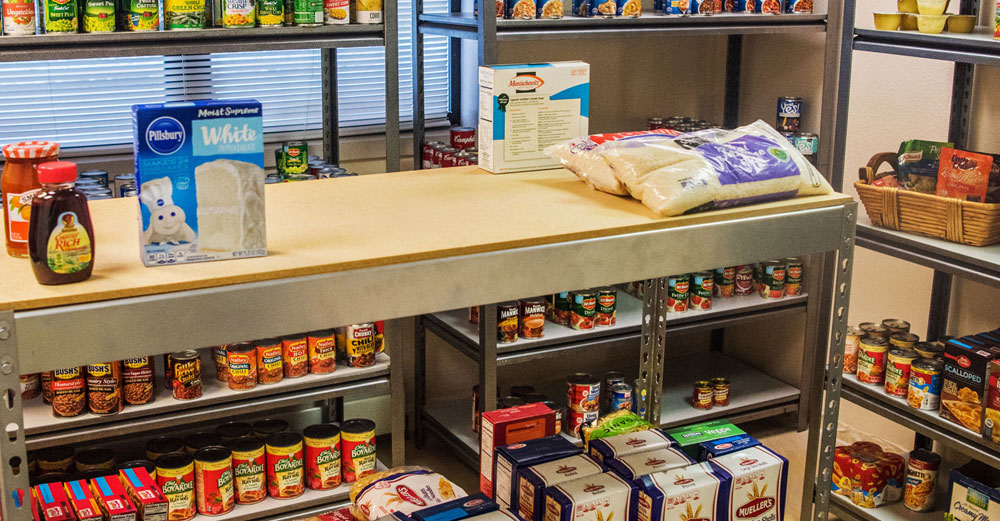
A lack of regular access to food is an issue that plagues approximately half of today’s college students. In addition to negatively affecting students’ health, food insecurity, or the absence of food, impacts a student’s ability to succeed academically and graduate. Recognizing that hunger should not be an obstacle for students to thrive academically, colleges and universities have long been at work developing the means to support students in need.
“Food insecurity continues to pose a formidable challenge across the
United States and for many of our students, to the point of impacting
their ability to achieve academic success. As the largest system of
higher education, SUNY has resources in place and expertise to develop a
sustainable food source program for our students,” said Chancellor
Johnson.
In 2018, SUNY got to work on ensuring that food security resources are available to every student who needs them at all 64 colleges and universities. The Food Insecurity Task Force was formed, made up of students, staff, faculty, auxiliary food service providers, food bank associations, civic organizations, and community and philanthropic organizations tasked to study and recommend the necessary changes and best practices to relieve the stresses brought on by food insecurity.
As of December 2018, all 64 SUNY colleges and universities now have a dedicated food security resource available at each campus. Our latest full feature on suny.edu takes a deep look into how this was accomplished and at the variety of creative ways our campuses are bringing the support needed to help students stay healthy and succeed.
Read the full feature story:



